Abraham Moses Klein National Historic Person (1909-1972)
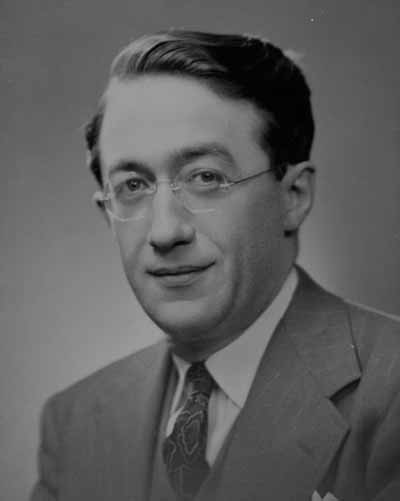
© Garcia Studios / Library and Archives Canada / PA-125749
Abraham Moses Klein was designated as a national historic person in 2007.
Historical importance: Leading figure in Judaic literature and a major author in Canadian literary history
Commemorative plaque: Jewish Public Library, Cummings House, 5151 Côte-Sainte-Catherine Road, Montréal, QuebecFootnote 1
Abraham Moses Klein (1909-1972)
A. M. Klein was one of the best Canadian poets of his time. Combining modernism and Jewish literary traditions, he was among the first to publish a body of Jewish poetry in the English language. His works portrayed the unique character of the downtown Montréal neighbourhood where he lived most of his life, and mirrored the struggles and aspirations of a generation that witnessed both the Holocaust and the creation of the State of Israel. Klein’s work also reached beyond his community and depicted vivid scenes of Quebec and its people in The Rocking Chair and Other Poems, for which he received the Governor General’s Award in 1949.
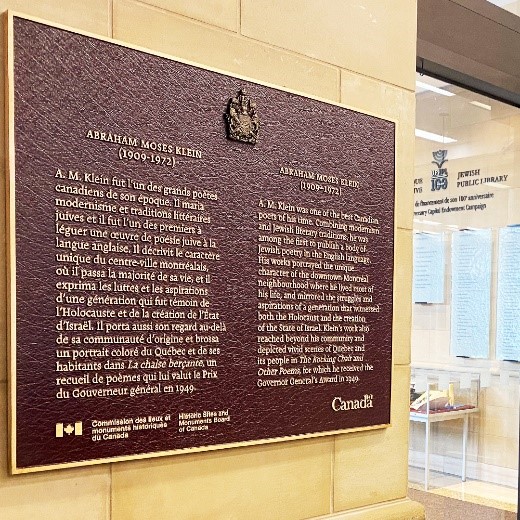
© Parks Canada
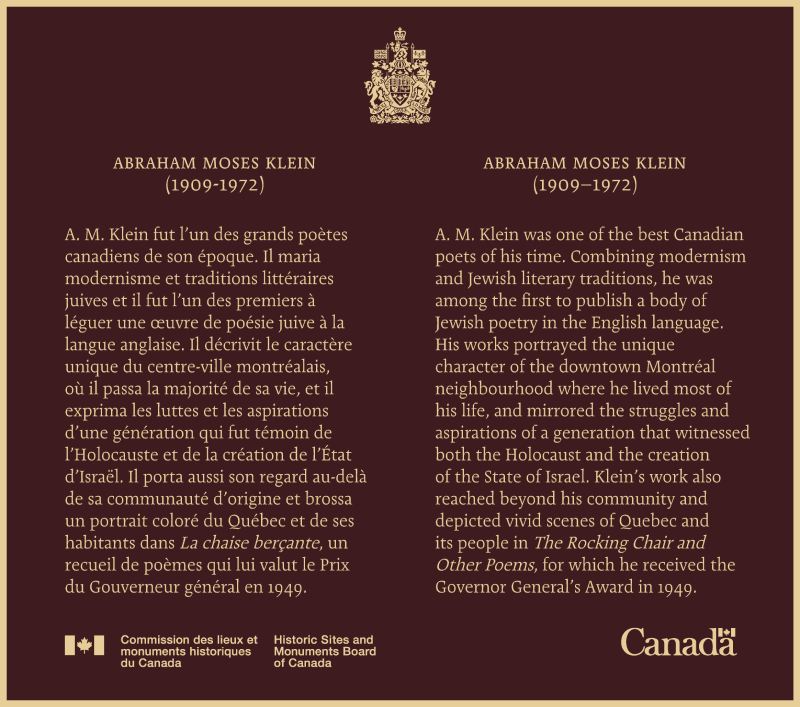
Abraham Moses Klein
A dedicated poet and journalist, Abraham Moses Klein was a leading figure in Judaic literature and a major author in Canadian literary history. He was the first Jew to receive a prestigious Canadian literary award (the Governor General’s Award, 1949), and he was able to express through his work the reality, traditions, difficulties and hopes of Montréal Jews in the first half of the 20th century. Heir to the Yiddish poets, Klein was the first in Canada to publish a body of poetry in English that articulated the feelings, struggles and aspirations of a generation that witnessed the destruction of European Jews and the creation of the state of Israel.
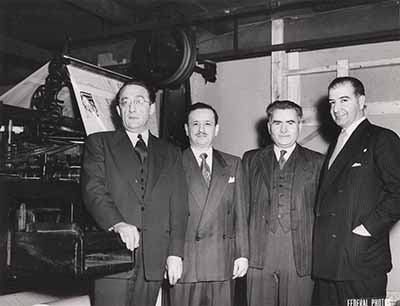
© Image courtesy of the Alex Dworkin Canadian Jewish Archives

© Image courtesy of the Alex Dworkin Canadian Jewish Archives
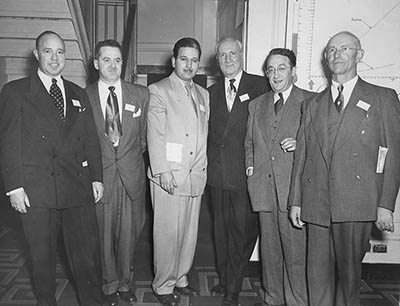
© Image courtesy of the Alex Dworkin Canadian Jewish Archives
Born in the Ukraine, Klein was raised in a Jewish immigrant district of Montréal, a social environment that marked his career as a poet and writer. His parents immigrated to Canada in 1910 because of the climate of oppression towards Jews in Eastern Europe. Klein studied at McGill University and at the Université de Montréal, and in the mid 1930s, he opened a law office and established his family in Montréal. At that time, he had already been writing for several years, but he was not able to earn a living as a writer. Throughout his working life, until 1956 when he was forced to retire because of illness, he was involved in many community and professional activities. Lawyer, journalist, public relations consultant and teacher, Klein was above all a talented poet and writer.
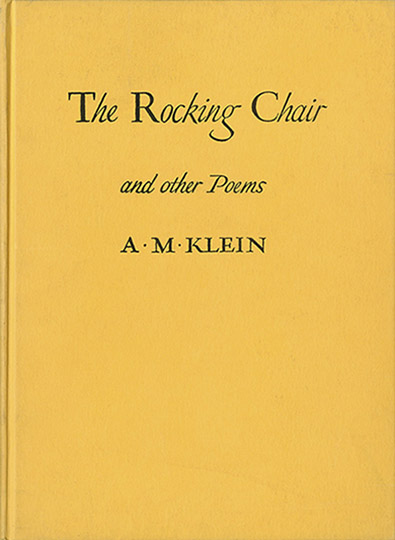
As evidenced in his work, Klein was first and foremost a Jewish-Canadian writer, as his 1951 novel The Second Scroll illustrates. His writings explore his culture as well as the feelings and aspirations of those who witnessed the major events of Jewish history in the first half of the 20th century. His work was representative of Yiddish speaking poets and writers who had an impact on North American literature in the first half of the 20th century. His writing was characterized by its exuberant language, spirit, scholarship and morality. His importance on the Canadian and North American scenes is evident in the many awards he received over the years, including the American Zionist Organization award in 1941, Canada’s prestigious Governor General’s Award in 1949, the Province of Quebec’s literary award and the New York Jewish Council’s award in 1951, and the Lorne Pierce Medal from the Royal Society of Canada in 1957.
Although Klein was an activist journalist and an author who was committed to his community, he was primarily a poet. He was part of the Montreal Group, poets who had a major influence on English-Canadian literature, and played a key role in the renaissance of Canadian poetry in the first half of the 20th century. Klein made his reputation as a Canadian Jewish author with his poetry collections, which include Hath Not a Jew (1940), Poems and The Hitleriad (1944) and The Rocking Chair and Other Poems (1948). Today, his writings are an invaluable historical record of cultural expression within the Jewish community of Montréal and are the subject of much research.
Backgrounder last update: 2017-01-20
The National Program of Historical Commemoration relies on the participation of Canadians in the identification of places, events and persons of national historic significance. Any member of the public can nominate a topic for consideration by the Historic Sites and Monuments Board of Canada.
- Date modified :